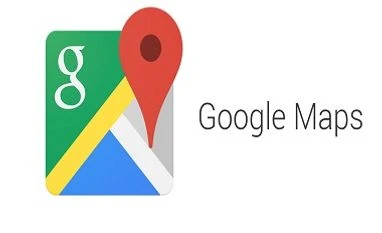Search giant Google, along with cab aggregators like Uber and Ola and map services providers like MapmyIndia and navigation tools providers like Tom Tom, may have to get the Indian government’s approval to provide their services.
When asked about the implications of the draft, Sanket Gupta, product manager, Google Maps: "I am yet to go through the proposal. So cannot comment. But at Google we always follow the local jurisdiction and regulatory processes."
According to a new Geospatial Information Regulation Draft Bill 2016, acquisition, dissemination, publication and distribution of geospatial information of India which is likely to affect the security, sovereignty and integrity of India will need prior operating licence from the government.
Read more from our special coverage on "GOOGLE"
A Gadgets 360 report also said, companies will have to get a licence from an authority who will sign off on the actual map in the event of gathering or sharing information on maps.
In the past, several players including Twitter and Google have shown J&K and Arunachal Pradesh as part of Pakistan and China, respectively.
The draft regulations also come at a time when India has successfully launched its own GPS satellite.
When asked if Google will use the Indian Satellite for future mapping requirements, Gupta said: "We are yet to go through the details for the same."
If this proposal or draft is accepted or goes through and becomes a law, sourcing information from satellites and crowd-sourced data will become illegal. Google Maps gets its information through this medium.
The Gadgets 360 report also said existing maps won’t be exempt either. Companies will require a license to use satellite images or other aerial photos of India and will have to pay a fee to ‘retain this geospatial information’. A fine to the tune of Rs 10 lakh and Rs 100 crore will be levied in the event of disseminating these maps without permits.
The government has also proposed to set up a Security Vetting Authority to carry out security vetting of geospatial information. This will be done in a timely manner and keeping in mind the regulations framed by an apex committee. Additionally, government departments will be exempt from these requirements.
If this proposal or draft is accepted or goes through and becomes a law, sourcing information from satellites and crowd-sourced data will become illegal. Google Maps gets its information through this medium.
The Gadgets 360 report also said existing maps won’t be exempt either. Companies will require a license to use satellite images or other aerial photos of India and will have to pay a fee to ‘retain this geospatial information’. A fine to the tune of Rs 10 lakh and Rs 100 crore will be levied in the event of disseminating these maps without permits.
The government has also proposed to set up a Security Vetting Authority to carry out security vetting of geospatial information. This will be done in a timely manner and keeping in mind the regulations framed by an apex committee. Additionally, government departments will be exempt from these requirements.
)